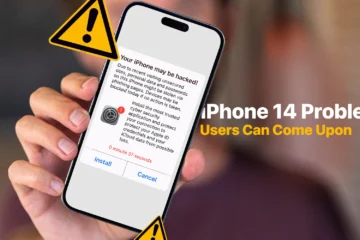Keep Your Vehicle in Top Condition
One of the best ways to prepare for night driving is to ensure that your vehicle is in optimal shape. This means regular maintenance checks are a must. Ensure your headlights are clean and functioning well and that your windshield is free from smears and dirt that can impair your view. Your braking system should also be in good condition, as effective braking can be significant in avoiding nighttime accidents.
Navigate Through the Sales Lot to the Road
As the sky darkens and you transition from a brightly lit sales lot, where you might have been checking out a new Ford for sale, to the varying levels of road lighting, your eyes need time to adjust. Moving from one extreme to another can be disorienting, so give yourself a few minutes to acclimate before heading out. Use this time to familiarize yourself with your vehicle’s controls, ensuring you know how to quickly turn on your headlights, fog lights, and interior lights if needed.
Adjust Your Driving Behavior
At night, it’s often advisable to drive at slightly lower speeds than you would during the day to compensate for the lower visibility. Keep a greater distance from the car in front of you so that you have more time to react to unexpected situations. Additionally, be extra cautious at intersections and while overtaking other vehicles. Signal your intentions clearly, and make sure to check all mirrors and blind spots more frequently.
Limit Distractions and Avoid Fatigue
One of the biggest hazards of night driving is the potential for drowsy driving. Limit distractions like loud music or engaging in complex conversations that might divert your attention from the road. Also, if you feel tired or sleepy, it’s better to pull over and take a short nap than to risk falling asleep at the wheel. Consuming caffeine can provide a temporary boost, but it is not a substitute for proper rest.
Utilize Technology Wisely
Many modern vehicles come equipped with technologies designed to assist in safe driving. Features such as adaptive headlights, lane departure warnings, and blind-spot monitoring can be handy when driving at night. However, it’s essential not to become overly reliant on these features. They are meant to assist, not replace, good driving habits.
It’s Time to Conquer Night Driving
Night driving doesn’t have to be a daunting task. Being vigilant and prepared will not only help you reach your destination safely but also make the journey more enjoyable for you and your passengers. Drive safely and smartly, and the road at night can be just as navigable as it is during the daylight hours.



